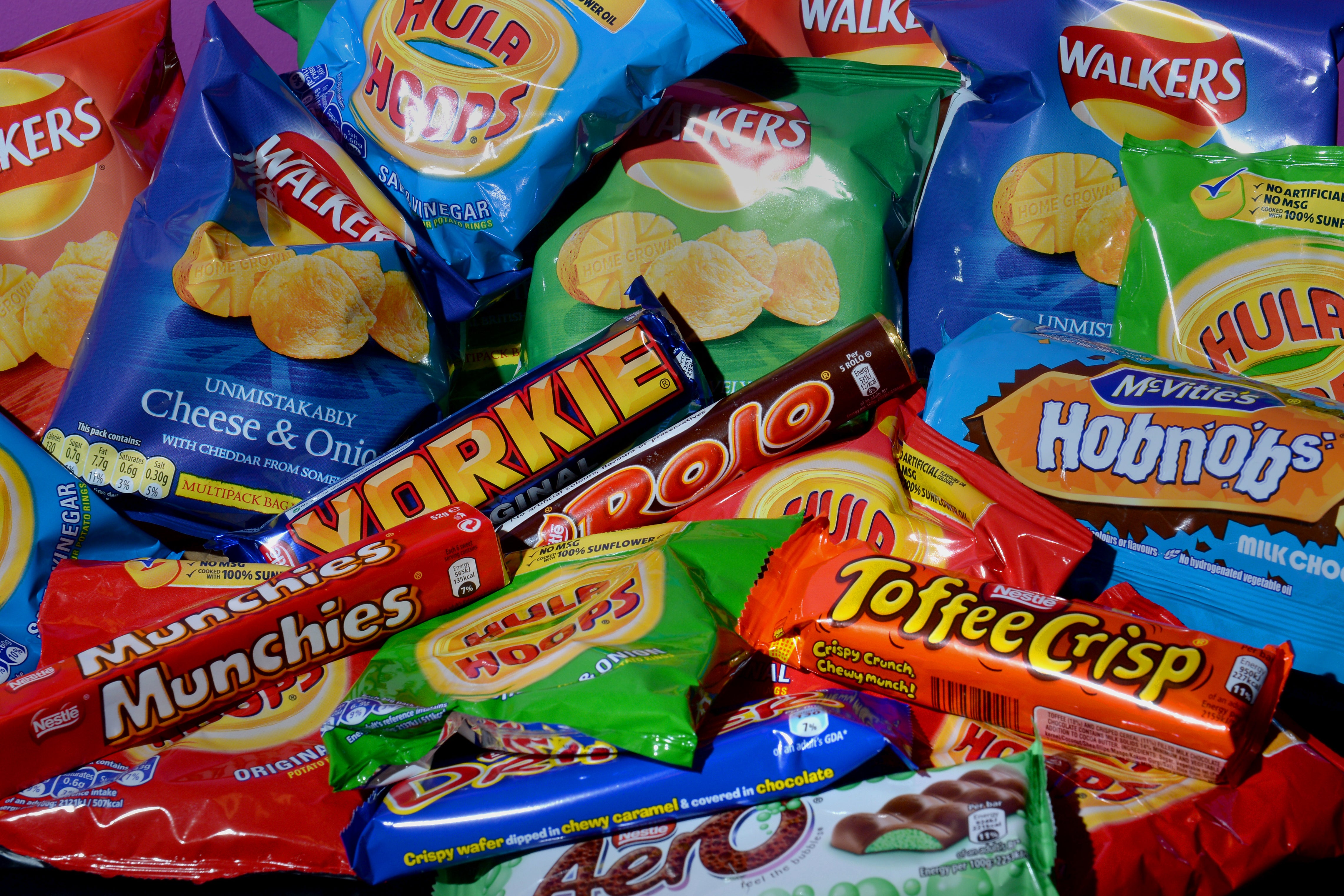Junk food tax to tackle obesity crisis back on government’s agenda, report author says
‘I think Sajid Javid understands now that we need to intervene’

Your support helps us to tell the story
From reproductive rights to climate change to Big Tech, The Independent is on the ground when the story is developing. Whether it's investigating the financials of Elon Musk's pro-Trump PAC or producing our latest documentary, 'The A Word', which shines a light on the American women fighting for reproductive rights, we know how important it is to parse out the facts from the messaging.
At such a critical moment in US history, we need reporters on the ground. Your donation allows us to keep sending journalists to speak to both sides of the story.
The Independent is trusted by Americans across the entire political spectrum. And unlike many other quality news outlets, we choose not to lock Americans out of our reporting and analysis with paywalls. We believe quality journalism should be available to everyone, paid for by those who can afford it.
Your support makes all the difference.A junk food tax to prevent the obesity crisis overwhelming the NHS budget is back on the government’s agenda, the author of a landmark report says.
Boris Johnson dismayed health campaigners by appearing to rule out the £3bn levy earlier this year, saying he is not “attracted to the idea of extra taxes on hardworking people”.
But Henry Dimbleby suggested the prime minister had misunderstood his recommendation – and said he believed the health secretary Sajid Javid is now ready to act.
“I think Sajid Javid understands now that we need to intervene,” Mr Dimbleby said, ahead of a formal response, early next year, to his National Food Strategy.
The cookery writer and restaurant owner said the political landscape had changed since Mr Johnson rejected any new taxes, with the decision to hike National Insurance to fund extra health and care spending.
“Boris was bumped into that on the first day when we published the strategy,” he told BBC Radio 4.
Mr Dimbleby also pointed to next month’s ‘levelling up’ strategy, warning: “Diet is the most important factor shaping our health. And if you don’t tackle diet you don’t tackle health inequalities.
He added: “It’s possible that Sajid Javid will be we wanting to put in his own measures, so I think quarter one of next year is absolutely critical.”
The strategy called for a levy of £3 a kilogram on sugar and £6 a kilogram on salt sold for use in processed food and in restaurants – with the money raised used to expand free school meals and on changing attitudes to food.
A similar levy on soft drinks in 2018 led to a number of products being reformulated to reduce sugar levels, which meant prices for consumers did not go up.
Without a tax, obesity is on course to cost the NHS “more to treat than all cancers put together” by 2035, Mr Dimbleby said.
Mr Johnson’s apparent dismissal of the plan came despite his pledge to launch a so-called war on obesity, after believing his very serious bout of coronavirus last year was worsened by being overweight.
But Mr Dimbleby said he had proposed a “reformulation tax”, adding: “I think now the politicians get it.
“By taxing sugar and salt you encourage companies to change the form of the most processed foods – the foods that are worst for us.
“You also take some of that money and you use it to support the diets of the least affluent, because this is a huge problem not only of health but of inequality.”
Join our commenting forum
Join thought-provoking conversations, follow other Independent readers and see their replies
Comments